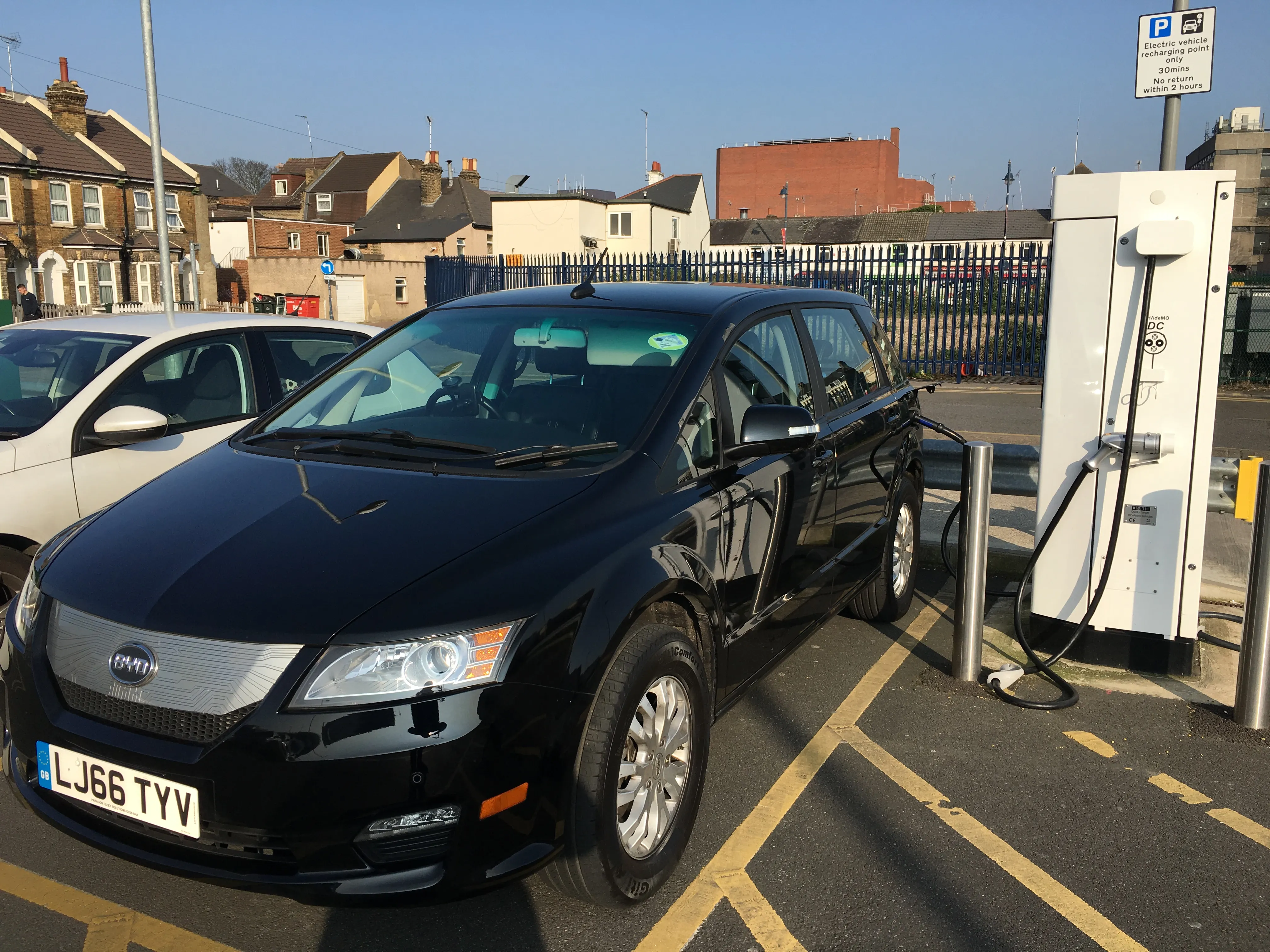The UK’s Royal Automobile Club (RAC) Foundation charity has said that the country’s motorists will face road user charging in the future to avoid traffic gridlock.
According to director Professor Stephen Glaister, population growth and further economic gains will result in traffic volumes expanding 33% by 2025.
With UK government spending on roads being cut, the charity warns that a new strategy will have to be found.
May 14, 2012
Read time: 2 mins
The UK’s Royal Automobile Club (3443 RAC) Foundation charity has said that the country’s motorists will face road user charging in the future to avoid traffic gridlock.
According to director Professor Stephen Glaister, population growth and further economic gains will result in traffic volumes expanding 33% by 2025.
With UK government spending on roads being cut, the charity warns that a new strategy will have to be found.
The previous UK government investigated the potential for road user charging but this policy proved hugely unpopular and was dropped. The new administration has no plans to revive the policy at present.
The existing road network was paid for by the taxpayer, and imposing charges might be difficult but building new tolled links might point the way ahead.
The RAC Foundation has also suggested roads could be run as a privatised utility, although this would have to be backed up, for example, by reduced duty of fuel, while motorists would also expect a service that offered reduced congestion.
According to director Professor Stephen Glaister, population growth and further economic gains will result in traffic volumes expanding 33% by 2025.
With UK government spending on roads being cut, the charity warns that a new strategy will have to be found.
The previous UK government investigated the potential for road user charging but this policy proved hugely unpopular and was dropped. The new administration has no plans to revive the policy at present.
The existing road network was paid for by the taxpayer, and imposing charges might be difficult but building new tolled links might point the way ahead.
The RAC Foundation has also suggested roads could be run as a privatised utility, although this would have to be backed up, for example, by reduced duty of fuel, while motorists would also expect a service that offered reduced congestion.








